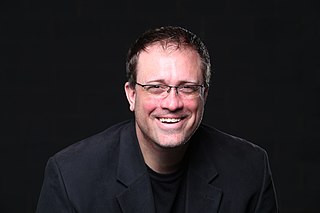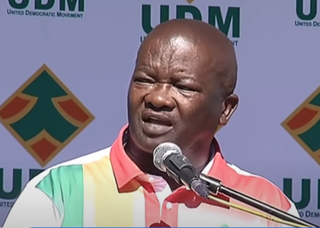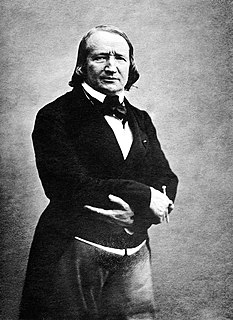A Quote by Steven James
The true nature of man left to himself without restraint is not nobility but savagery.
Related Quotes
The noblest relationship is marriage, that is, love. Its nobility resides in its altruism, the desire to serve another beyond all the pleasures of the relationship; and in its refusal ever to regard the other as a thing, an object, a utilizability. Sex is an exchange of pleasures, of needs; love is a giving without return. It is this giving without return, this helping without reward, this surplus of pure good, that identifies the uniqueness of man as well as the true nature of the true marriage. This is the quintessence the great alchemy of sex is for.
I will begin with what in my opinion is your lack of restraint. You are like a spectator in a theatre who expresses his enthusiasm so unrestrainedly that he prevents himself and others from hearing. That lack of restraint is particularly noticeable in the descriptions of nature with which you interrupt dialogues; when one reads them, these descriptions, one wishes they were more compact, shorter, say two or three lines.
Every limited mind demands a certain freedom of expression, and the man who cannot express himself satisfactorily without the stimulation derived from the spirited mode of two centuries ago should certainly be permitted to follow without undue restraint a practice so harmless, so free from essential error, and so sanctioned by precedent, as that of employing in his poetical compositions the smooth and inoffensive allowable rhyme.
There are three kinds of nature in man, as Nicetas Stethatos further explains: the carnal man, who wants to live for his own pleasure, even if it harms others; the natural man, who wants to please both himself and others; and the spiritual man, who wants to please only God, even if it harms himself. The first is lower than human nature, the second is normal, the third is above nature; it is life in Christ.



































